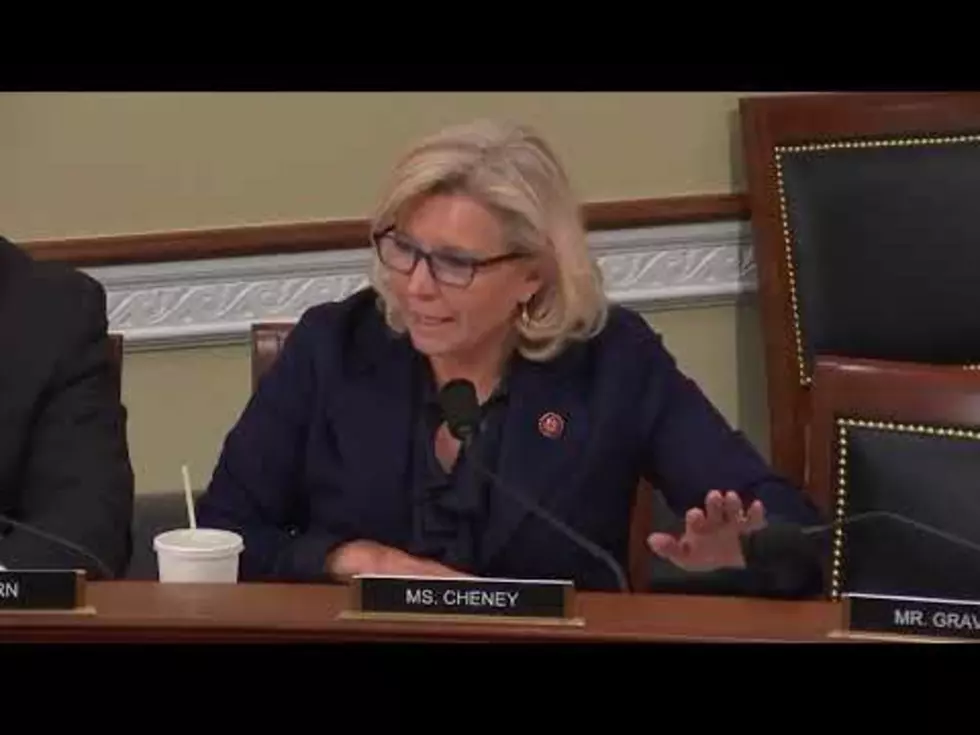
EU: The Masters of Perbertility
~~~By Sven Larson~~~If you want to know why Europe is becoming an economic wasteland with nothing but a life in industrial poverty to promise its youth, you need look no further than at the report on so called macroeconomic imbalances that the European Commission released on Wednesday (April 10).
The Commission, which is the de facto executive office of the EU, is the main culprit in destroying the economies of several euro-zone countries – what with wiping out one quarter of the Greek GDP – and its members are as ignorant about macroeconomics as the Soviet communists were about consumer choice.
Yet despite this the Commission has authored a report about the “prevention and correction of macroeconomic imbalances” that is full of pretense and completely void of substance. The gap between the two is called the degree of perbertility (the phrase coined from the name, Per Bertil, of the hands-down most incompetent college professor I ever had) and illustrates two things:
- The arrogance of the speaker – the more you think you know, relative to your actual knowledge, the more arrogant you are; and
- The potential harm that the speaker can do.
A college professor does harm in that he pretends to teach students things he does not know. But his negative influence usually stops at the doorstep of the classroom. A group of powerful politicians, on the other hand, can do enormous harm by exhibiting a high degree of perbertility.
The EU Commission hits a perbertile home run with its report on “macroeconomic imbalances”. Let’s listen to what these clowns have to say:
The on-going economic and financial crisis has prompted a profound restructuring of our economies.
I just love it when people use the term “restructuring of our economies”. It shows that they have absolutely no understanding of what the term “structure” means. It gets even better when the EU Commission is referring to some kind of restructuring that did allegedly take place as a result of a recession.
The structure of an economy is the relative size and significance of its components over time. If, e.g., 75 percent of all output in an economy is from the agrarian industry, then the economy has an agricultural structure. If most of the output is industrial, either in the form of manufacturing or in the form of high-end services (engineering, consulting, high-quality health care, banking and legal services), then obviously the economy has an industrial structure.
There is also a structural aspect to the role of government. A big government plays a different structural role than a small govenment. That role does not change over a recession – it changes over a period of time that is longer than at least two business cycles.
Now back to the clownocrats:
This [non-existent restructuring] needs to be accompanied by a new kind of economic governance in the EU that recognises the interdependence between our economies and which builds the foundations for future growth and competitiveness that will be smart, sustainable and inclusive. Correcting the problems of the past and putting the EU on a more sustainable development path for the future is a shared responsibility of the Member States and the EU Institutions, as our economies are closely intertwined.
From the perspective of the EU Commission this “shared responsibility” is like a marriage where the normal give-and-take between loving and respectful spouses has been replaced with one party’s “You give, I take” attitude. For the better part of the Great Recession the EU has been dictating to member states that they need to subject their economies and their citizens to ever tougher, ever more destructive austerity policies. When people have expressed their disagreement with the policies, the EU has doubled down and even forced democratically elected officials to step aside for appointed bureaucrats.
That’s the EU Commission’s definition of “shared responsibility”.
The perbertility fest continues:
In the decade leading up to the outbreak of the crisis, not enough attention was paid at the EU level to developments in the economies of individual Member States. This was due in part to an insufficient recognition of the spillover effects of economic policies pursued in one Member State on the economies of other Member States – spillover effects that were particularly acute in the euro area, due to the close economic interdependence of countries sharing a currency.
So now the Commission is trying to say that they had no idea that countries that share a currency union would be closely tied together! The currency union has existed for a decade and more, and the volume of research that preceded its inauguration was so big it could fill the entire cargo bed of a Ford F-150. (I know – I had all of it stored in my office for some time.) The three main points of that research was: economic integration, economic integration and economic integration.
And this research was not published now… ten years after the currency union went into effect. It was published in the 1990s.
Are we to believe that the EU Commission was totally ignorant of that research when the Great Recession opened up? If so, we can only draw one conclusion: they are all a bunch of fools whose feet are far too small for the shoes they are wearing.
Had enough? If not, here’s more:
But it was also in part due to the lack of tools at the disposal of the EU to help detect, prevent and where necessary correct such imbalances. As a result, imbalances were allowed to develop unchecked, with negative consequences both for the economies of several Member States and for the proper functioning of the Economic and Monetary Union. Drawing on the lessons of the past and determined to avoid repeating similar situations in the future, the EU has put in place a new system of economic governance.
This is how the Commission explains why it is treating its member states like French geese, force-feeding them a debilitating dose of austerity and using loans from the ECB as the “enticer”. If the member states are good and compliant and do as they are told by the Commission, there is a nice little check from the ECB on the way to them in the mail.
When the Commission says it has now “put in place a new system of economic governance”, this is exactly what they are referring to. To paraphrase The Godfather of Chicago, the EU Commission turned the economic crisis into an opportunity to expand its own power even more.
Cleverly, the Commission disguises its new power grab in some technical terms that shield its true content from probably 90 percent of all the people who even bother to read their report on “macroeconomic imbalances”:
As part of this new way of working, on a proposal of the Commission, the legislator set up a Macroeconomic Imbalances Procedure (MIP) to help detect, prevent and correct problems at an earlier stage. The MIP – together with the reinforced Stability and Growth Pact, with its focus on sustainable public finances – is at the heart of the EU’s strengthened economic governance.
So from now on the EU Commission has institutionalized its austerity measures in the “Macroeconomic Imbalances Procedure”. It is now de facto the law of the land, primarily in the euro zone but secondarily across the entire EU. The austerity measures that destroyed the lives of some 30 percent of all people in Greece, that has ravaged Spain to the brink of provincial secession, that nearly destroyed parliamentary democracy in Italy and is now tearing apart Portugal; these austerity measures, which the IMF have found to be essentially ineffective, have now become part of European law.
No elected legislator has had the chance to vote on, let alone review the law. Nowhere in Europe have people had the chance to cast an up-or-down vote on whether they would like to give such enormous power over their livelihood – their lives – to such a small group of people.
This is as far from democracy as you can get without putting marching boots on the streets. This is Eurotarianism on full display.
I could go on from here. I could comment on the absolutely ridiculous statements in this report about how “structural rigidities” are to be blamed for the persistent recession in some EU countries – when in reality it is the EU’s own war of austerity on prosperity that is turning the continent into an economic wasteland.
But I’ve said enough about the report already. Anyone who feels that they need more of the Commission’s perbertile nonsense can of course download a copy of the report and see for themselves. Just remember to continue to come back here, to The Liberty Bullhorn, for a healthy, daily dose of clarity, common sense and crisp economic analysis!
More From KGAB




![How Wyoming taxpayers dodged a bullet [OPINION]](http://townsquare.media/site/99/files/2019/04/gettyimages-150755757-594x594-2.jpg?w=980&q=75)

![Miller Moths Invade Cheyenne [PHOTOS, VIDEO]](http://townsquare.media/site/99/files/2018/06/miller-moth.jpg?w=980&q=75)
![Wyoming Needs More Human Clocks Displaying Beauty of State [Commentary]](http://townsquare.media/site/99/files/2017/05/77248291.jpg?w=980&q=75)

